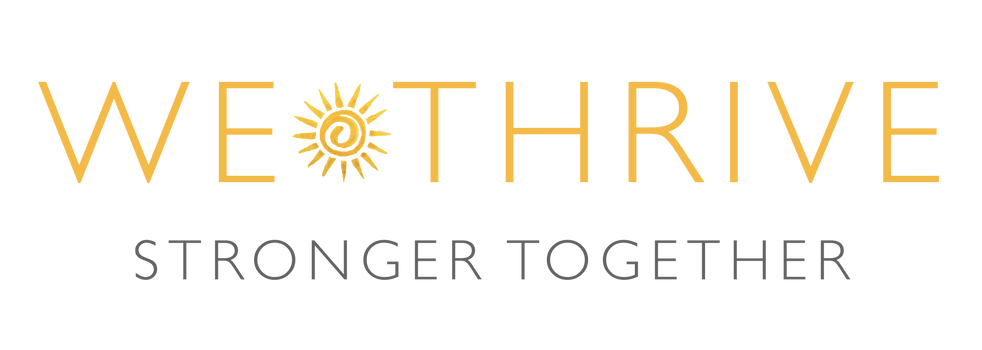WELCOME everyone to the new year. I wonder how everyone is approaching this beginning to 2024? Perhaps as an opportunity for a fresh start, for making some changes, for adopting new habits or letting go of those that weren’t working for us. Or maybe none of the above, feeling like it’s all too much of a pressure. Possibly a mix of both. The notion of a ‘happy’ new year can feel quite loaded – happiness is not a constant state, it sone that come and goes, alongside all theaters feelings of life like sadness, frustration, excitement, fear. So when we say happy new year what are we meaning? I saw a poem the other day by Donna Ashworth who I thought put it beautifully. Here it is:
When I say ‘happy new year’
I’m not for a moment
expecting this to occur
for that is not possible
a year must be all things
Happiness must come and go
like the tides and the winds
just as sadness
and all the emotions in between
When I say ‘happy new year’
I am really wishing you
a baseline of peace
of gratitude.
Because if you can sit with these things,
for the most part
happiness will thrive
when it does arrive,
and sadness will know its place in the mix.
If you can nourish these things,
daily,
you will also grow hope,
for it flourishes in such soil.
And hope is the key,
to this enigmatic state
of happiness we seek
When I say ‘happy new year’
I’m really wishing you more happy days
than sad days, ,
more joy than misery,
more laughter than tears…
and the windom to accept,
that they all belong.
Happy new year my friends,
Happy new year.
Review of Matt Williams’ December Talk
Matt is the Senior Programme Manager for Mental Health within Oxford University Hospitals NHS Foundation Trust as well as Co-Founder & Chair of the Oxfordshire Men’s Health Partnership.
He came to speak to us about supporting men and boys. One of the key things he advocated was providing the appropriate grounding for them to be able to open up.
‘Talking doesn’t happen in a vacuum. For talking to be actually meaningful and helpful, for it to be ‘good to talk’, we need someone reciprocating whose hearing it, responding to it in a way that’s appropriate and is kind, thoughtful and who is present.’
He went on to say that with men/boys this can often be in a situation that doesn’t involve direct eye to eye contact, so eg when driving, sitting side by side, walking, doing an activity. Use of words are important; direct, robust, honest language – eg ‘that sounds tough; like a battle; a struggle; hard.
‘Men don’t think about themselves as having mental health issues, that’s happening to other people…. men are not ‘worried, anxious, nervous.. they are stressed, angry — these are more acceptable masculine concepts…. and using this type of language, having this understanding is a way in.’
The facts are stark:
75% of suicides in the UK are men
95% of the prison population are men
75% of those have two or more mental health conditions
89% of rough sleepers are men.
Men & boys need our support.
This support can start at home in the way that we approach notions of masculinity and applauding the strength and respect that is to be found in vulnerability and honesty.
https://www.charterharleystreet.com/family-therapy/
Charter Harley Street provides a comprehensive support service for addictions including family therapy & therapy for teens
What they say:
FAMILY THERAPY
Family is the most important thing to most of us, so when it starts to go wrong and family members fall out, it can feel devastating. It’s not easy to ask for help either as the temptation is to push your worries under the carpet and hope they will go away, or to feel ashamed of how your family isn’t working.
Therapy can help as often family fall-outs are a result of poor communication, lack of respectful boundaries, low self-esteem and poor self-care. It may seem difficult to believe that improving these specific areas can hugely impact how a family gets on, but it can.
If you are interested in seeking family therapy at Charter, please call them on +44 20 7323 4970
January Talk
Wednesday 24th January @ 6.30pm
Rudi Voet, family therapist, will talk to us on

